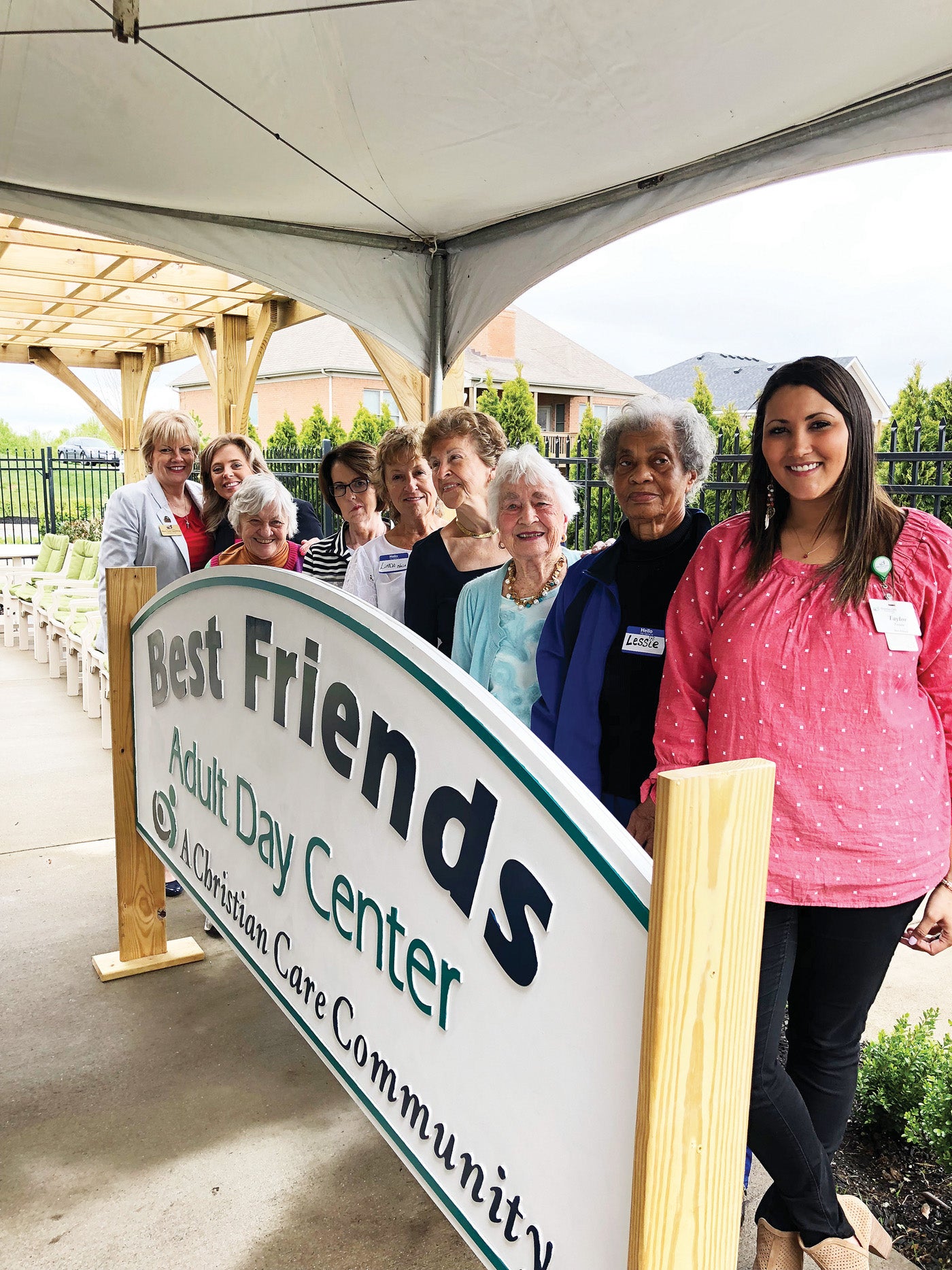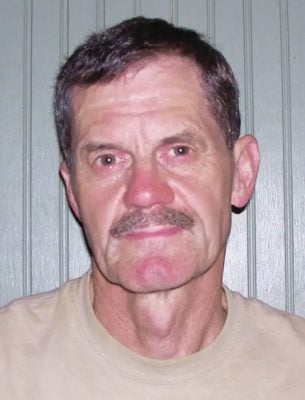‘It has taken us all’
Published 2:33 pm Thursday, May 3, 2018
Bridgepointe at Ashgrove Woods celebrates 500,000 volunteer hours with program for patients with Alzheimers and dementia
Bridgepointe at Ashgrove Woods recently celebrated 500,000 volunteer hours for its Best Friends Program designed to help patients with Alzheimers and dementia.
Started by Virginia Bell 34 years ago, the Best Friends Program is available world-wide in 30 countries with books in seven languages.
“I have been in this business for 30 years,” Christian Care Communities President and CEO Mary Lynn Spalding said. “The Best Friends program was new to me about eight years ago. The reality is we have seen reductions in use of medication and a reduction in anxiety because if you can relate to an individual, long-term memory is still there and you are able to maybe calm that anxiety … it is a much better outcome.
“Another thing that is really nice is it gives our volunteers and staff a tool that they didn’t have before. It is very motivational to them as well.”
Spalding said several volunteers started 25 years ago donating their time to become a best friend to someone in need.
One volunteer, she said, has donated time in the program for the last 33 years.”
“It has taken us all,” Bell said. “Anyone can have an idea. It has taken us all and it has helped change dementia care. I’m 96, and when I grew up, I saw a lot of inappropriate dementia care, especially in the early years when people were thought to be crazy and looney.
“Then it came to the top-down approach, and now this approach. It has changed the history of dementia care. I am very proud, but I don’t feel any better than our staff volunteers because it has taken us all.”
Bell said there were a lot of “no sayers” when she first started the program. Thinking volunteers would not be a reliable companion, she received push-back from people who believed volunteers would not only be unreliable, but would not volunteer to also go through a training program.
“But 34 years later, here we are and we have shown what is possible,” Bell said.
Anyone can volunteer, Bell said, and those who do are required to submit to 16 hours of training.
Most volunteers, however, are individuals the patient already knows. Currently, the program has more than 100 volunteers, which Bell said have bonded with their best friends like family.
“A lot of us have old degrees rusting in the attic, and when we volunteer, we want to do something that is fulfilling,” Bell said. “Our volunteers are not just volunteers. They come to work and they come to play and they come to enjoy.”
Spalding said the centerpiece of the program is the simple fact everyone needs a best friend.
“We know the life story of an individual with Alzheimers and dementia,” Spalding said. “We utilize their life story to be their best friend. Because when you are in need, what do you need more than anything else? (You need) a best friend. Our staff of volunteers know all about the individuals we are caring for.”
Everybody, Bell said, has a best friend. It is “amazing,” what a person could be and do for one-another.
“It is now almost the kind of care that is the choice,” Bell said. “It is a very simple approach. Sometimes I think we have forgotten about common sense and kindness. We are in this together. We know the life story of our friend so we can bring them forward, and we know what they can do and what they can’t do. It is amazing how a person responds to a friend.
“I was here yesterday afternoon and there were about 20 participants here. They were dancing and singing and doing things together. It is just amazing.”
For more information about the Best Friends program, visit bestfriendsapproach.com.





